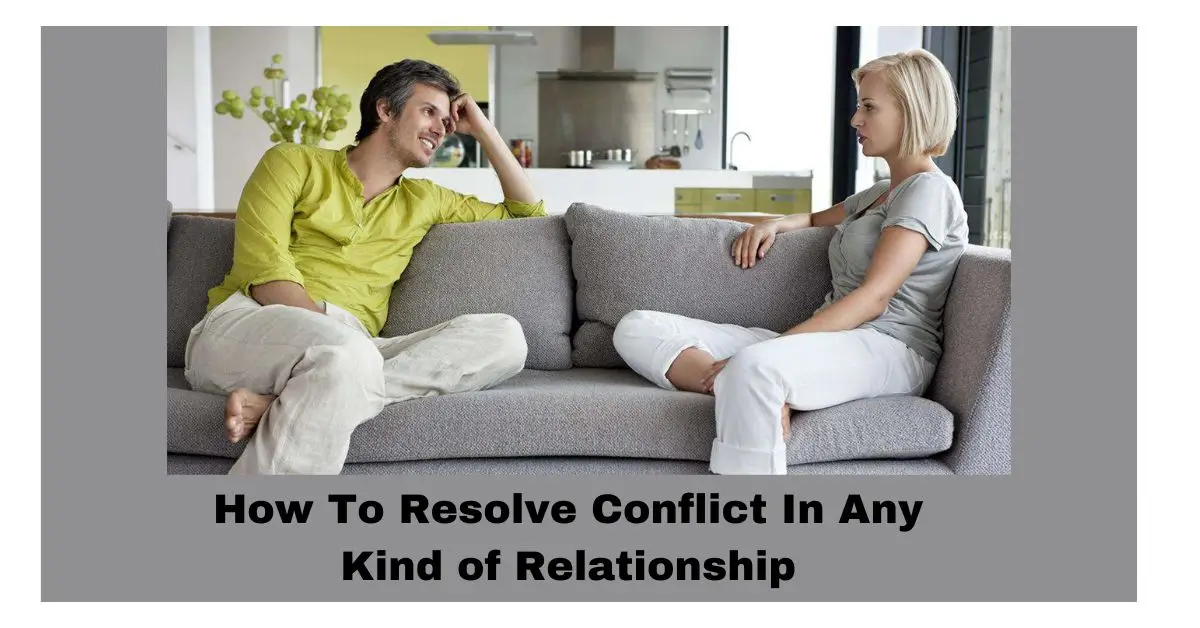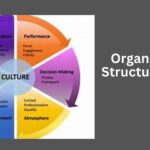In this article:
• Understanding Relationship Conflicts
• What are Relationship Conflicts?
• Why do relationship Conflicts Occurs?
• The Impact of Unresolved Conflicts
• Conflict Resolution Strategies
• Building Resilience in Relationships
How To Resolve Conflict In Any Kind of Relationship
Conflict is an inherent part of any human relationship. Whether it’s a romantic partnership, a friendship, or a professional collaboration, differences in opinions, needs, and expectations are bound to arise. However, the way we handle conflicts in our relationships can significantly impact their quality and longevity.
Understanding Relationship Conflicts
Before we dive into conflict resolution strategies, let’s gain a deeper understanding of what relationship conflicts are and why they occur.
What Are Relationship Conflicts?
Relationship conflicts refer to disagreements, disputes, or tensions that arise between individuals in a relationship due to differing interests, values, needs, or perspectives.
These conflicts can manifest in various ways, from minor disagreements and miscommunications to more significant issues that threaten the stability of the relationship.
Why Do Relationship Conflicts Occur?
Relationship conflicts occur for a multitude of reasons, including:
Differences in Values and Beliefs: Individuals in a relationship may have differing core values, beliefs, and expectations, leading to conflicts over fundamental issues.
Communication Breakdown: Poor communication, misunderstandings, or misinterpretations can escalate minor issues into significant conflicts.
Unmet Needs: Unaddressed needs for emotional connection, attention, validation, or affection can lead to frustration and conflict.
Stress and External Factors: External stressors, such as work pressures, financial difficulties, or health problems, can spill over into the relationship and exacerbate conflicts.
Unresolved Past Issues: Lingering issues from the past, such as past betrayals or unresolved conflicts, can resurface and create new conflicts.
The Impact of Unresolved Conflicts
Unresolved conflicts in a relationship can have far-reaching consequences, affecting emotional well-being, communication, trust, and overall relationship satisfaction.
Over time, persistent conflicts can erode the foundation of a relationship, leading to resentment, emotional distance, and, in some cases, relationship breakdown.
Conflict Resolution Strategies
Conflict resolution is a crucial skill in maintaining healthy, thriving relationships. Effective conflict resolution and allows individuals to address issues, find common ground, and strengthen their bonds.
Here are practical strategies for resolving conflicts in relationships:
1. Active Listening
Active listening is a fundamental skill in conflict resolution. It involves giving your full attention to the other person, seeking to understand their perspective, and demonstrating empathy. Key elements of active listening include:
Maintaining eye contact
Avoiding interruptions
Using verbal and nonverbal cues to show you are engaged
Reflecting on what the other person is saying before responding
2. Open and Honest Communication
Clear and open communication is essential in resolving conflicts. It’s crucial to express your thoughts, feelings and needs honestly and respectfully. When communicating:
Use “I” statements to express your feelings and perspective, e.g., “I feel hurt when…”
Avoid blame and accusations; focus on the issue at hand.
Listen actively to the other person’s viewpoint and respond with empathy.
3. Identify Core Issues
In many conflicts, the surface issue may mask deeper underlying concerns. It’s essential to identify and address the core issues driving the conflict. Pose the following questions to yourself and your partner:
“What is the real issue here?”
“What unmet wants or expectations are driving this conflict?”
“Is our dispute being influenced by previously unsolved issues?”
4. Empathy and Understanding
Empathy entails comprehending the thoughts, feelings, and viewpoints of the other person by placing oneself in their position. Show empathy by:
Acknowledging the other person’s emotions and experiences.
Avoiding judgment or criticism.
Offering reassurance and support.
5. Collaborative Problem-Solving
Approach conflict as an opportunity to collaborate and find mutually beneficial solutions. Focus on shared goals and finding compromises that work for both parties. Consider these steps:
Brainstorm potential solutions together.
Consider the benefits and drawbacks of each solution.
Choose a solution that meets both parties’ needs and expectations.
6. Manage Emotions
Emotions can run high during conflicts, and managing them is essential for effective resolution. Practice emotional regulation techniques, such as deep breathing, mindfulness, or a short break to calm down before continuing the conversation.
7. Avoid Escalation
Avoid escalating conflicts by refraining from hurtful or disrespectful behaviors, such as yelling, name-calling, or bringing up unrelated issues. Stick to the topic at hand and maintain respect for one another.
8. Seek Compromise, Not Victory
Remember that the goal of conflict resolution is not to “win” the argument but to find a solution that respects both parties’ needs and values. Seek compromises that promote understanding and cooperation.
9. Apologize When Necessary
If you’ve contributed to the conflict or caused harm, apologize sincerely. A genuine apology can go a long way in rebuilding trust and resolving conflicts.

Building Resilience in Relationships
While resolving conflicts is crucial, building resilience within a relationship can prevent conflicts from escalating and improve overall relationship satisfaction. Here are strategies for fostering resilience:
1. Prioritize Quality Time Together
The emotional bond between any two persons or people is strengthened by spending time together. Set aside time for meaningful conversations, shared activities, and intimacy.
2. Foster Trust and Transparency
Trust is the foundation of any healthy relationship. Communicate in a way that is straightforward, honest, and open. Trust allows partners to weather conflicts more effectively.
3. Develop Individual and Shared Goals
Promote personal development and aid one another in achieving their unique ambitions.
4. Nurture Emotional Intimacy
Sharing your emotions, weaknesses, and thoughts with your partner is an aspect of emotional intimacy. Create a safe space for open and honest emotional expression.
5. Practice Forgiveness
Forgiveness is a powerful tool in building resilience. Acknowledge mistakes, apologize when necessary, and practice forgiveness to let go of grudges and resentment.
6. Build a Support System
Rely on your support system of friends and family for guidance, perspective, and emotional support during challenging times.
7. Seek Professional Help When Needed
If conflicts persist or become unmanageable, consider seeking the guidance of a couples’ therapist or counselor. Professional help can provide valuable tools for improving communication and resolving conflicts.
Relationship conflicts are a natural part of human connections, but they don’t have to undermine the bonds we cherish.
Remember that building resilient relationships is an ongoing process that requires effort, patience, and a commitment to nurturing the connections that matter most in our lives.






